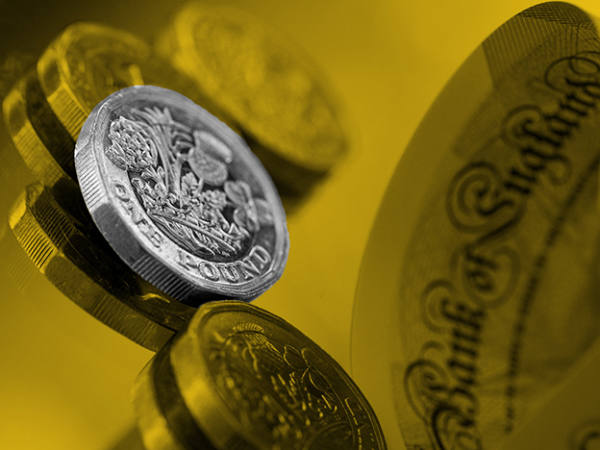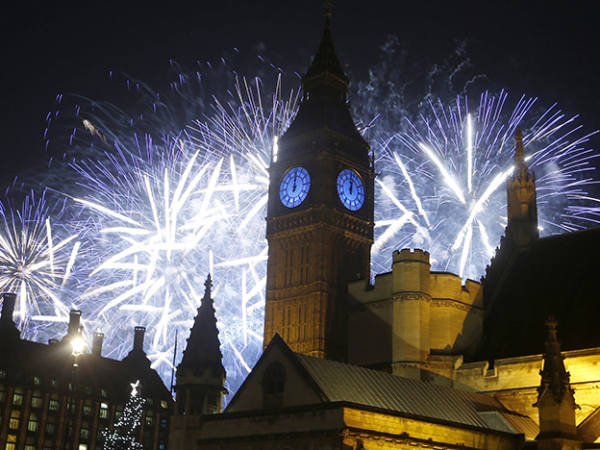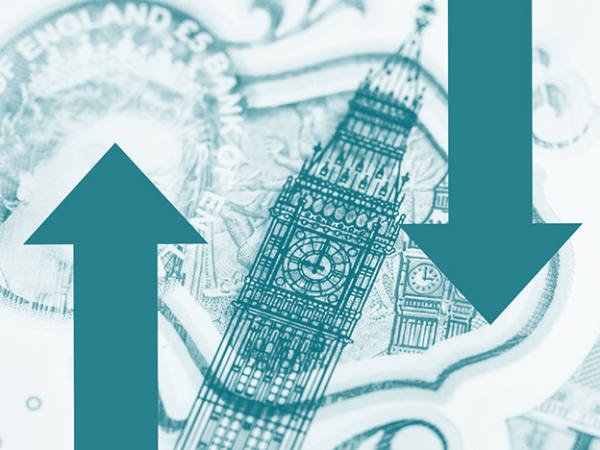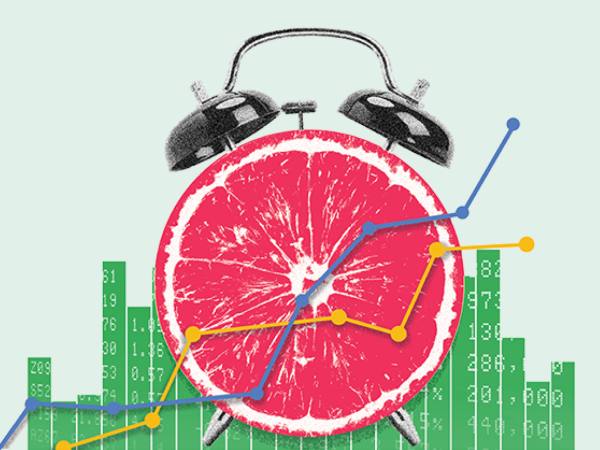You would think that someone who has been actively investing for the best part of 80 years would be forgiven the odd misstep. No so, Warren Buffett. In early May, there was almost an element of schadenfreude in the press reaction to news that Berkshire Hathaway had sold its shares in the four largest US airlines after booking a $50bn (£40.3bn) first quarter loss due to a sharp contraction in the paper value of its investments.
For some commentators, the fact that market valuations had collapsed due to government intervention was of secondary importance to the seeming inability of Buffett to follow his own advice on investing in the airline industry. He once famously quipped that generations of investors would have been better off if someone had shot Orville Wright down at Kitty Hawk. That comment was just one in a long line of industry critiques delivered to Berkshire Hathaway shareholders, citing a string of pitfalls ranging from historical earnings volatility to the threat posed by irrational competition.
It is difficult to understand why someone like Warren Buffett, who places great emphasis on the importance of “economic moats” would make a repeat foray into the airline industry. But by midway through 2016, Berkshire Hathaway did just that.
Crisis gives way to consolidation
Admittedly, the industry in the US had enjoyed a period of relative stability after the wave of bankruptcies and mergers which came in the wake of the 9/11 terrorist attacks. Stability in the sense that many of price disruptors had been gradually weeded out of the market, a process that has also been playing out in Europe over the past couple of years.
The upshot is that internal flights in the continental US are now dominated by four principal carriers. The formation of an oligopoly does not automatically give rise to price collusion, but it rarely works in the favour of consumers even though it has helped to mitigate the negative effects of the industry's pricing wars.
A race to the bottom on pricing
Throughout its history, civil aviation has evolved from being largely the preserve of the affluent to a form of mass transit. Deregulation was integral to this process, but the proliferation of low-cost players resulted in unsustainable – and in many cases, ruinous – price competition. Legacy carriers were forced to match their low-cost counterparts or risk losing market share. However, this resulted in big losses across the industry.
As civil aviation ticketing has effectively become a race to the bottom, it is difficult for any airline to gain a distinct commercial advantage. It is not as if the likes of Ryanair (RYA) or United Airlines (US:UAL) hold any intellectual property assets which differentiates them from the competition, nor are the barriers to entry particularly daunting given that aircraft leasing expanded rapidly as low-cost carriers took centre stage.
Capacity expansion versus black swan events
In an era of budget travel, with downward pressure on pricing, margins are compressed, and airlines become reliant on capacity expansion to boost earnings. It is that last point which may have reconciled Warren Buffet to the airline industry again. Airport Council International (ACI) World, a non-profit industry body, estimates that global passenger traffic will double to more than 17bn annually by 2037, with Asia-Pacific’s airports predicted to account for half of worldwide passenger traffic growth. Emerging and developing economies will account for almost 60 per cent of all passenger traffic by 2040. It is a familiar refrain, but those estimates may have to be recalibrated due to the knock-on effects of Covid-19.
Growth stalled in the global aviation industry for three years following the 9/11 attacks and passenger volumes have periodically been suppressed by events such as the SARS epidemic, the invasion of Iraq in 2003, further terrorist outrages and the financial crisis of 2008. All that should give pause for thought, even before you factor in the threat posed by “irrational competition”. The Dow Jones Airlines index has lost 62 per cent of its value since mid-February and the long-term damage to the industry through centrally enforced travel bans is difficult to estimate.
It is certainly possible that the growth in worldwide passenger numbers could be constrained if global trade is negatively affected over the long haul. If more carriers are either forced to the wall, or become reliant on state subsidies, then further industry consolidation will follow, pushing up prices for consumers. In a sense, a reduced pool of investable options and greater predictability on the pricing front are positive from an investment angle, but the airline industry has burned investors time and time again. The Sage of Omaha has heeded his own advice and withdrawn from the market, investors would be wise to do the same.











